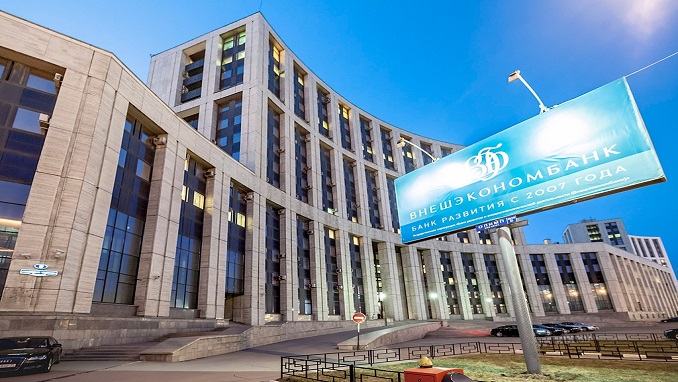For a total of €533 million in EU financing in 2021–2027, the Commission has authorized four new Interreg initiatives involving ten Member States, Ukraine, and Moldova. These initiatives will assist cross-border and transnational collaboration, the green transition, and healthcare and education, the European Commission announced in a press release.
These initiatives will benefit from increased financing as a result of the Commission’s decision in March to cease collaboration with Russia and Belarus in response to Russia’s invasion of Ukraine and to shift the €26.2 million originally allotted to these two nations to expand the cooperation with Ukraine and Moldova.
The Danube Region has set aside €215 million for international collaboration on innovation and renewable energy.
To make the Danube area more creative and sustainable, the Interreg Danube Region Program will invest in collaboration. In order to expand the use of renewable energy sources, enhance water management, and protect biodiversity via ecological corridors, it will encourage green investments.
Additionally, it will make investments in cooperative initiatives to control climate change risks. The initiative will further assist an inclusive labor market with a special emphasis on weaker and more marginalized groups.
Polish and Ukrainian border administration, health care, and cross-border cooperation are all funded with a combined €187 million.
The Interreg NEXT Poland-Ukraine initiative will provide investments in sewage infrastructure development, climate change adaptation, and biodiversity and environmental conservation. It will increase access to specialized and emergency treatment, bolster long-term healthcare, and build local healthcare infrastructure.
Additionally, the initiative will encourage collaboration between public agencies to enhance local government, particularly border management.
A total of €54 million has been set aside for Romania and Ukraine to work together across borders to improve healthcare, education, and environmental protection.
The Interreg NEXT Romania-Ukraine initiative will spend the majority of its funding on high-quality healthcare and inclusive education (including infrastructure, lesson plans, and relationships between institutions) (e.g., establishment and modernization of emergency services and mobile screening facilities).
The common issues of forest fires, soil erosion, landslides, drought, and floods that harm agricultural areas will be addressed through investments in climate change adaptation and the preservation of nature and biodiversity. The extensive network of natural parks and reservations will also get support from the initiative.
Lastly, €77 million will be allocated for Moldova and Romania to work together across borders to improve healthcare, education, and environmental protection.
The Interreg NEXT Romania-Moldova initiative will make investments in resilience and risk reduction for natural disasters. The initiative will support local communities’ economic growth while assisting in the preservation of wildlife. The initiative will spend money on training and education (e.g., construction or modernization of schools and universities, upgrade of digital equipment).
In Moldova, new, cutting-edge medical equipment will be provided to overcome the gaps between medical services provided in rural and urban areas of Romania. Finally, the initiative will make investments in culture and tourism, enhancing local historical monuments’ accessibility.



